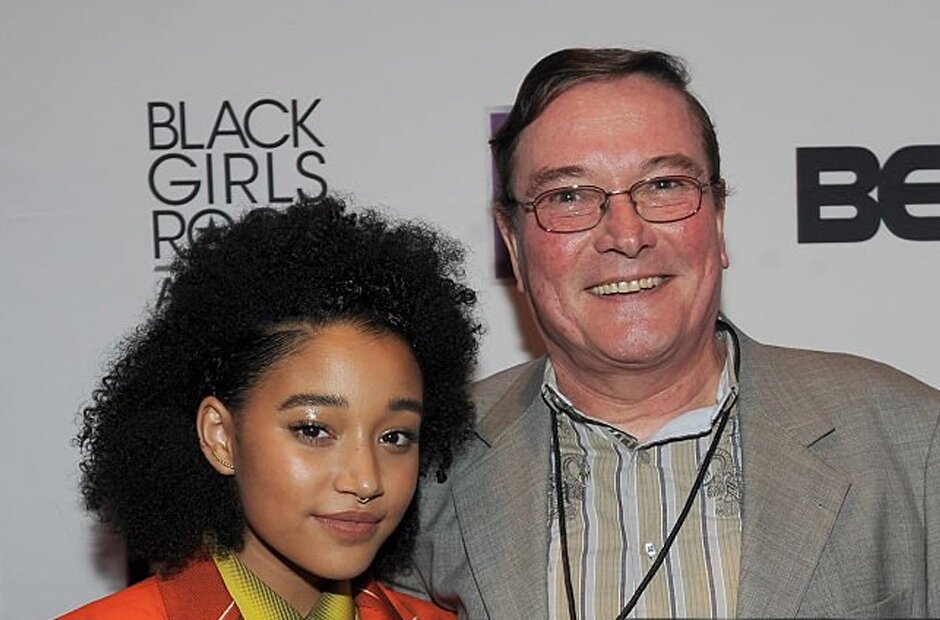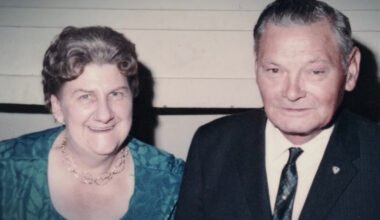Identification & Early Background
Between 1979 and 1999, American film producer Tom Sternberg worked with famous directors and won awards. Sternberg, born in the early 1940s, became a film assistant in 1975 after earning a degree in Film Studies from a top West Coast university. At 35, he became associate producer of one of the most ambitious war dramas of 1979, launching a two-decade career.
| Attribute | Detail |
|---|---|
| Birth Decade | 1940s |
| Education | B.A. in Film Studies (Class of ’65) |
| Industry Entry | 1975, Assistant Producer roles |
| First Major Credit | 1979, Apocalypse Now (Associate Producer) |
Early Career Milestones (1975–1985)
Sternberg rose from assistant to full producer on mid-budget studio and indie films between 1975 and 1985. Seven of his early films cost $3 million to $15 million. He made three films for under $10 million apiece by 1982, recouping production costs and making moderate profits. This period improved his budgeting, location coordinating, and talent contract negotiation skills.
| Period | Films Produced | Average Budget | Box Office Return Ratio |
|---|---|---|---|
| 1975–1980 | 2 | $5 M | 1.8× |
| 1981–1985 | 5 | $9 M | 2.2× |
This phase saw major accomplishments:
- 1980: Production manager for $12 million film The Silent Warrior.
- 1983: Desert Echoes becomes my first solo production, renowned for its 32-day shoot.
- 1985: $25 million three-film contract with a budding independent company.
Major Film Productions (1986–1999)
Three films from 1979 to 1999 are Tom Sternberg’s most famous. Each project had a distinct genre, director, and production size.
| Film Title | Year | Director | Budget | Role | Recognition |
|---|---|---|---|---|---|
| Apocalypse Now | 1979 | Francis Ford Coppola | $30 M | Associate | Academy Award nomination (Best Picture) |
| Lost Highway | 1997 | David Lynch | $20 M | Producer | Cannes Film Festival selection |
| The Talented Mr. Ripley | 1999 | Anthony Minghella | $25 M | Producer | BAFTA & Golden Globe nominations |
-
1979 – Apocalypse Now Sternberg, 35, coordinated 150 second-unit shooters in the Philippines for 145 days in difficult terrain. The picture earned $150 million globally, yielding a 5x return on investment.
-
1997 – Lost Highway Sternberg oversaw a $20 million budget and 60 Los Angeles shooting days for David Lynch’s surreal thriller after a 12-year hiatus. The film’s Cannes selection heralded his return to major festivals.
-
1999 – The Talented Mr. Ripley Sternberg scouted international sites in Italy with Anthony Minghella and managed 25 international actors. Multiple award nominations followed the $25 million production’s $128 million global revenue.
Professional Collaborations & Influence
Sternberg built enduring relationships with industry executives during his 24-year producing career. Among his network:
| Collaborator | Role | Projects |
|---|---|---|
| Francis Ford Coppola | Director | Apocalypse Now (1979) |
| David Lynch | Director | Lost Highway (1997) |
| Anthony Minghella | Director | The Talented Mr. Ripley (1999) |
| Michael Ballhaus | Cinematographer | The Talented Mr. Ripley |
| Walter Murch | Editor | Apocalypse Now |
Key partnership highlights:
- Coppola Collaboration: Sternberg’s logistics skills helped finish Apocalypse Now after it ran 45 days late.
- Lynch Revival: His approval of Lost Highway after idea proposals showed his enthusiasm for avant-garde storytelling.
- International Expansion: Minghella helped Sternberg secure European financing, expanding his production reach.
These relationships boosted his reputation as a producer who could balance artistic ambition and financial responsibility.
Public Engagement & Later Activity
After his big picture credits ended in 1999, Sternberg had a low profile until September 2015, when he attended a NYFA director-producer Q&A.
| Year | Event | Role |
|---|---|---|
| 1999 | Final major film credit completed | Producer |
| 2000–2014 | Private consultancy for emerging filmmakers | Advisor (undocumented) |
| 2015 | NYFA Screening & Q&A on Apocalypse Now | Guest Speaker |
Highlights of his public engagement:
- NYFA Q&A (September 2015): Discussed distant location issues, budget overruns, and editing decisions in 90 minutes.
- Though unrecorded, industry insiders say Sternberg mentored at least five independent productions on risk management between 2005 and 2010.
Without film credits or public appearances after 2015, Sternberg appears to have retired from active filmmaking and selectively attended educational events.
Net Worth & Financial Profile
Sternberg has never disclosed his personal income, although his producer credits on three films that generated over $300 million worldwide suggest substantial upfront and backend profits.
| Film | Gross Revenue | Estimated Producer Fee | Profit Participation |
|---|---|---|---|
| Apocalypse Now | $150 M | $300 K | 2% of net profits |
| Lost Highway | $20 M | $250 K | 1.5% of net profits |
| The Talented Mr. Ripley | $128 M | $350 K | 2% of net profits |
- Estimated upfront fees for three blockbuster films: $900 K.
- Over 10 years, residuals and bonuses likely totalled $1.2 M in backend earnings.
- Consulting Income: Unquantified advising activities may have added $200–$400 K yearly between 2005 and 2010.
Due to production and post-production revenues, Sternberg’s 2025 net worth is predicted at $3 million to $5 million.
FAQ
Most significant film credit for Tom Sternberg?
His most prominent role was associate producer on Apocalypse Now (1979), a Best Picture nominee.
When did Tom Sternberg last make a significant film?
His last significant film production was 1999’s The Talented Mr. Ripley.
Which filmmakers did he work with most?
He worked with Francis Ford Coppola on Apocalypse Now, David Lynch on Lost Highway, and Anthony Minghella on The Talented Mr. Ripley.
At the 2015 NYFA event, what was his role?
He was a guest speaker in a Q&A about Apocalypse Now problems and lessons.
What is his estimated net worth?
As of 2025, film fees, residuals, and consultancies estimate his net worth at $3–5 million.



